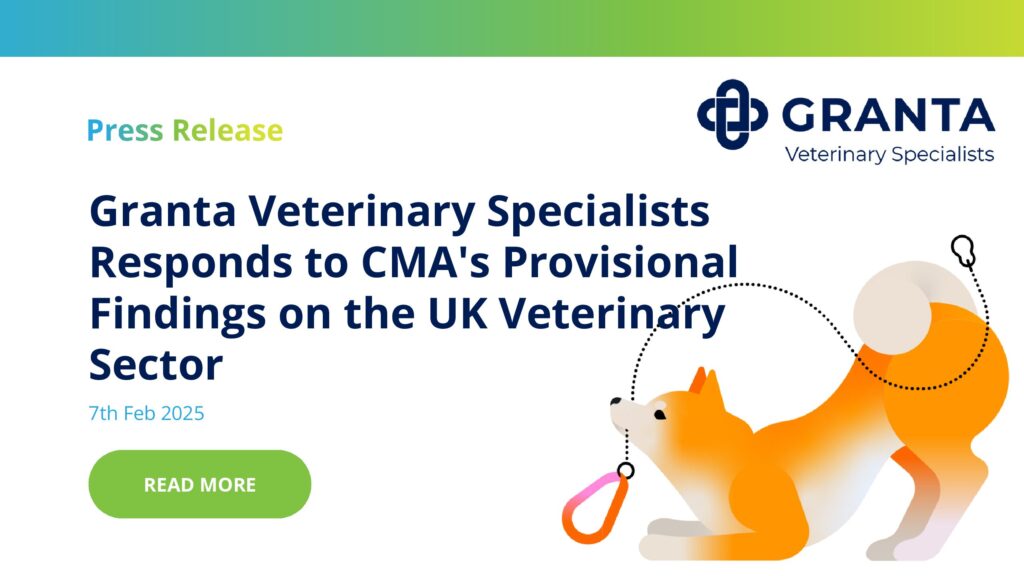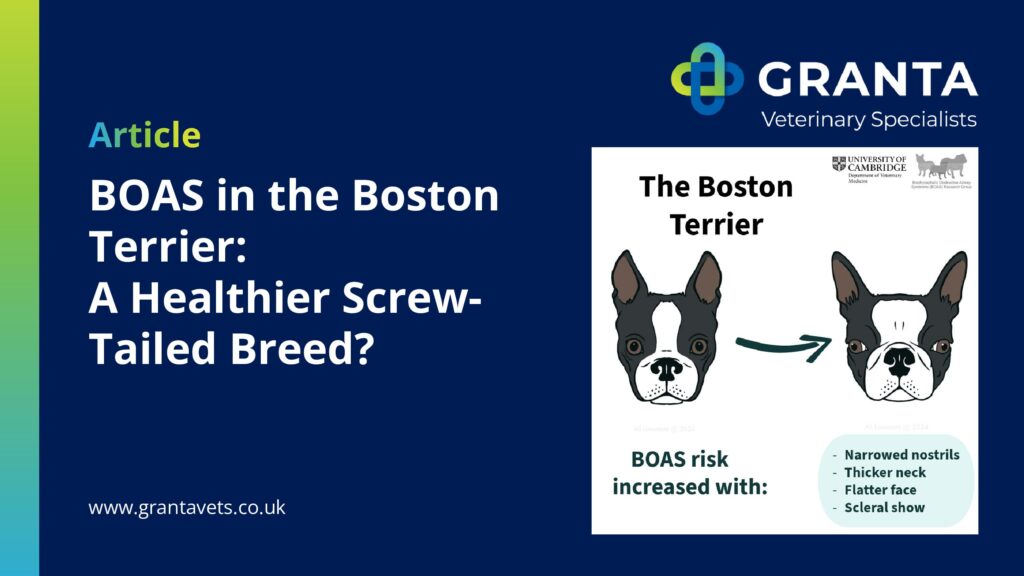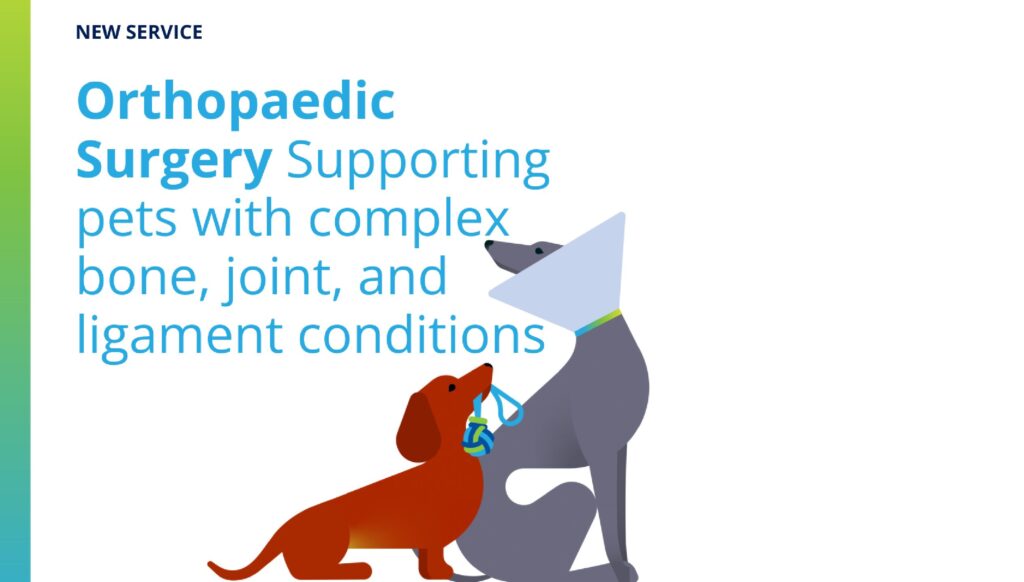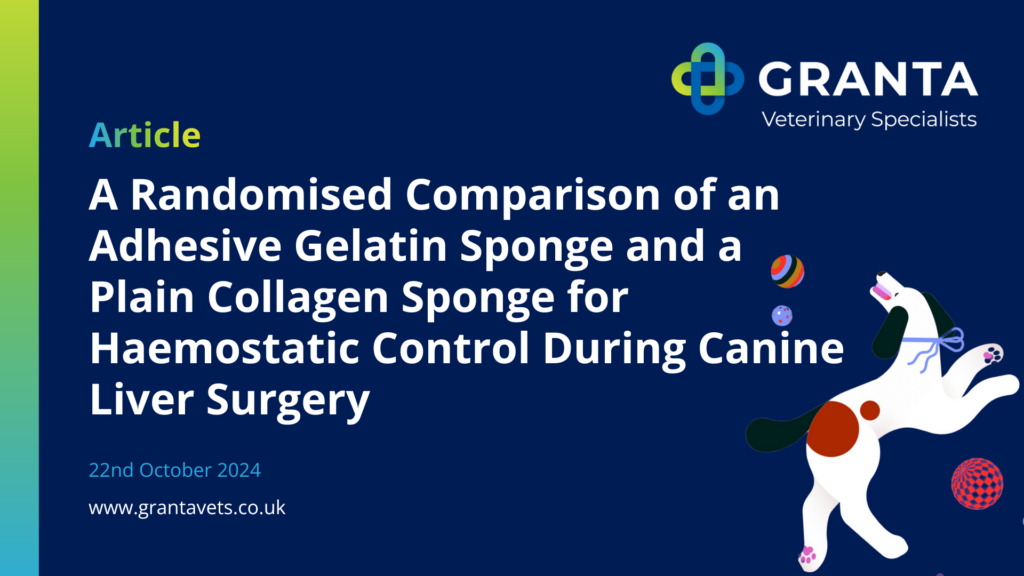Developing the Cardiothoracic Speciality in Veterinary Anaesthesia
Thursday October 10, 2024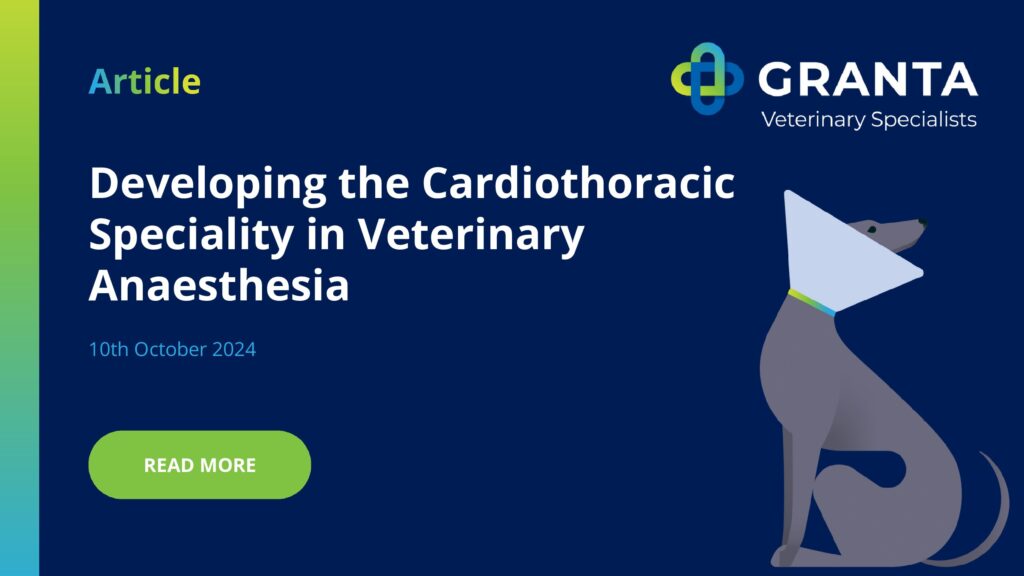
Author: Federico Corletto, PhD CertVA DiplECVAA FRCVS
The field of veterinary anaesthesia is undergoing significant growth as demand for specialised procedures increases, GVS anaesthetist Federico Corletto explored the development of the cardiothoracic speciality within veterinary anaesthesia during the recent Association of Veterinary Anaesthetists (AVA) meeting at the Royal Society of Medicine in September. We look at the key aspects of Feederico’s presentation in this article.
Growing Demand and Complex Caseload
The need for specialised veterinary anaesthesia in cardiothoracic cases is driven by a diverse caseload. This includes both non-cardiac and cardiac procedures:
- Non-cardiac Procedures: These encompass lung surgeries, oesophageal surgeries, and other thoracic surgeries, which can be cancerous or non-cancerous. Both open chest and minimally invasive techniques are utilised, making these procedures common in veterinary referral centres.
- Cardiac Procedures: More complex cardiac procedures include correcting congenital malformations, pacemaker implantations, valvuloplasty, and advanced interventions like mitral valve transcatheter repairs. These procedures often require advanced techniques such as cardiopulmonary bypass and extracorporeal circulation, especially for conditions like Tetralogy of Fallot, ventricular septal defects (VSD), and pulmonic stenosis.
The Role of Training and Knowledge Development
Developing expertise in cardiothoracic anaesthesia requires focused training, a steep learning curve, and continuous experience. Specialists must acquire an in-depth understanding of cardiovascular and respiratory physiology, advanced monitoring techniques, and pharmacological interventions tailored for diseased animals. This knowledge is essential for managing the unique challenges posed by critical patients and ensuring safe anaesthesia practices.
The speciality also demands a strong grasp of “cardio jargon,” which facilitates effective communication within multidisciplinary teams that include cardiologists, surgeons, and other critical care experts. This teamwork is crucial for addressing complications that arise during procedures, there is a deep need for a comprehensive understanding of anaesthesia beyond standard protocols.
Ethical Considerations in Advanced Veterinary Care
As the capability to perform complex cardiothoracic procedures grows, ethical considerations become paramount. The decision to undertake a procedure must balance the invasiveness and stress of surgery against the anticipated long-term outcomes and quality of life for the animal. A palliative procedure might be more appropriate for a geriatric patient, while a curative approach may benefit a younger animal with a better prognosis.
Education plays a vital role in navigating these ethical challenges and veterinarians must ensure that owners are fully informed about the risks, benefits, and expected outcomes of the procedures, so decisions can be made based on facts rather than assumptions.
Evidence-Based Practice and the Knowledge Gap
The field of veterinary anaesthesia has a robust foundation of literature and studies, including experimental research. However, there are still gaps in knowledge, particularly in understanding the effects of anaesthetic drugs in animals with cardiovascular diseases. While techniques like opioid-sparing anaesthesia are becoming more popular, translating results from studies on healthy animals to those with existing health conditions remains challenging.
Moreover, large-scale clinical trials that investigate relevant outcomes for animals with specific conditions are lacking, creating a need for more comprehensive data. This highlights the importance of moving towards an evidence-based approach, where anaesthetists are active participants in multidisciplinary care teams.
Challenges in Establishing a Sustainable Speciality
Building a sustainable cardiothoracic speciality requires overcoming several challenges. A consistent caseload is necessary for maintaining and refining skills, which directly translates to quicker procedures and better outcomes. There is a delicate balance between specialisation and general skills as veterinarians develop advanced skills in cardiothoracic anaesthesia, they must avoid the risk of losing touch with the broader aspects of veterinary practice.
The development of the cardiothoracic speciality within veterinary anaesthesia reflects a growing need for advanced expertise to manage increasingly complex cases. As highlighted, this field demands specialised training, continuous skill development, and a strong grasp of both cardiovascular physiology and multidisciplinary collaboration. The evolution of this speciality also brings ethical challenges and the need for evidence-based approaches, especially when addressing the nuances of anaesthesia in animals with cardiovascular conditions. While progress is being made, the path to establishing a sustainable cardiothoracic speciality will require ongoing research, training, and a careful balance between specialisation and broader veterinary practice skills.
